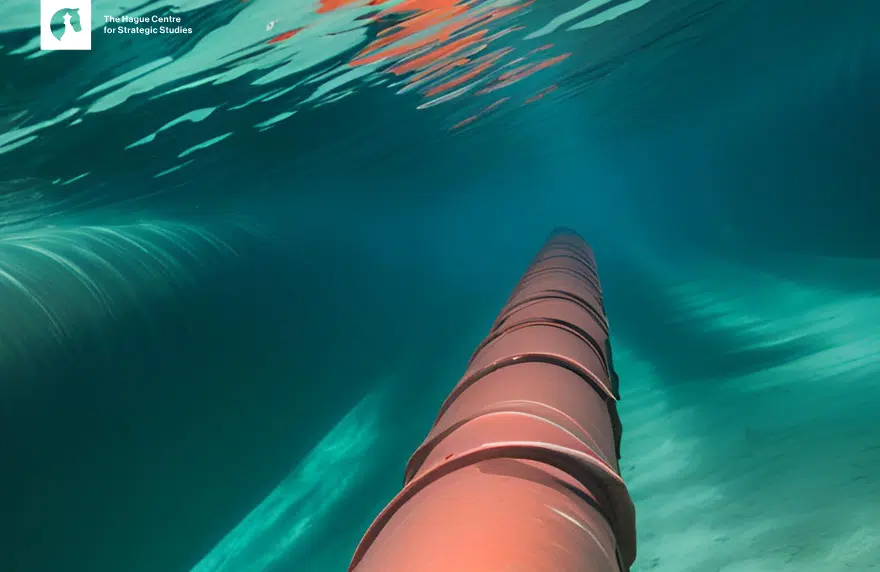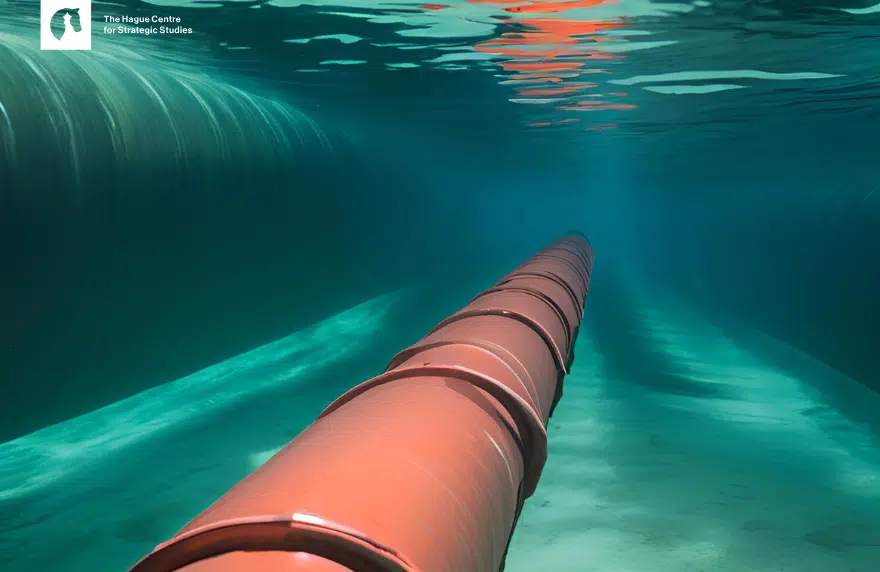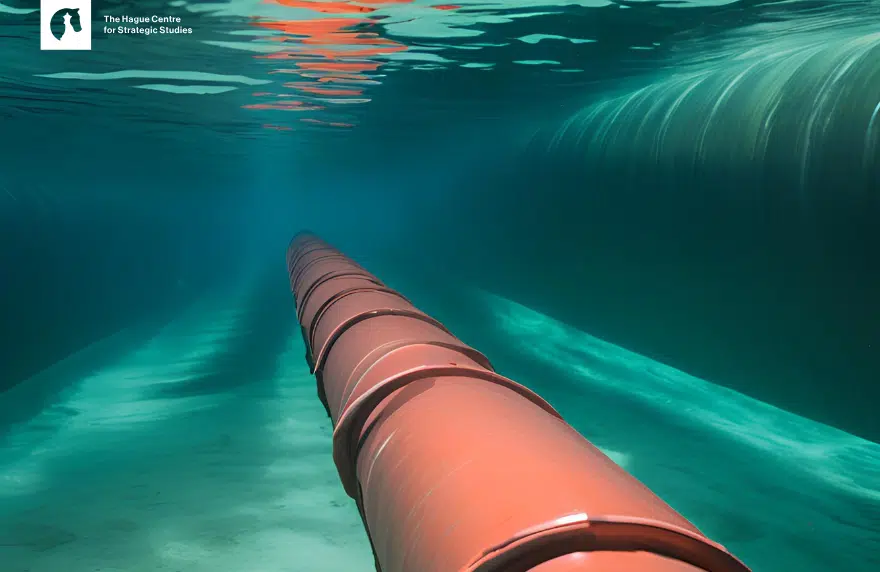Research
Submarine cables are the foundation of global digital infrastructure, carrying over 95% of international data traffic, including financial transactions, military communications, and daily internet activity. Despite their critical role, these cables face increasing threats, including accidental damage, cyberattacks, and geopolitical tensions.
Recent incidents underscore their vulnerability. In 2023, sea cables near Taiwan were severed, disrupting local businesses and residents. In 2024, a Chinese-flagged vessel damaged European cables in the Baltic Sea, raising concerns about potential surveillance and sabotage. As geopolitical tensions rise, some nations are restricting foreign companies from participating in sea cable projects, heightening the strategic importance of these networks.
This guest paper by Dr. Kenny Huang (Chair of the Taiwan Network Information Centre) examines key security challenges facing sea cables and explores response strategies. Topics covered include:
- Technological vulnerabilities and challenges in maintaining cables.
- Security risks, including cyber threats, geopolitical interference, and sabotage.
- Governance frameworks, both international and regional, addressing cable protection.
- Advanced security measures, such as AI-based monitoring, quantum encryption, and autonomous underwater vehicles (AUVs).
- Taiwan’s specific security concerns and strategies for resilience.
Key Recommendations for Strengthening Sea Cable Security:
✔ Regulatory Improvements: Governments should enforce stricter protection measures, such as requiring ships to avoid cable zones and establishing national safety standards.
✔ Technological Advancements: AI monitoring, real-time data analysis, and automated repair systems can enhance security and response times.
✔ International Cooperation: Strengthening global partnerships for intelligence sharing, emergency coordination, and standardized security protocols is crucial for resilience.
With the digital economy’s growth, sea cable security is no longer just a technical issue—it’s a matter of global stability and national security. This guest paper provides a roadmap for safeguarding these critical assets through innovation, policy improvements, and international collaboration.
Author: Dr. Kenny Huang (Chair of the Taiwan Network Information Centre).
This HCSS paper is part of a series of guest contributions following the NATO Seminar on Seabed Security, organised by TNO and HCSS, in close cooperation with the Dutch Ministries of Defence and Infrastructure & Water Management, on March 27, 2025.
Edited by HCSS deputy director Michel Rademaker. The Seminar on Seabed Security was part of a series of NATO Summit pre-events organised by HCSS together with other partners to set the stage for the 2025 NATO summit in The Hague, on June 24 and 25.







